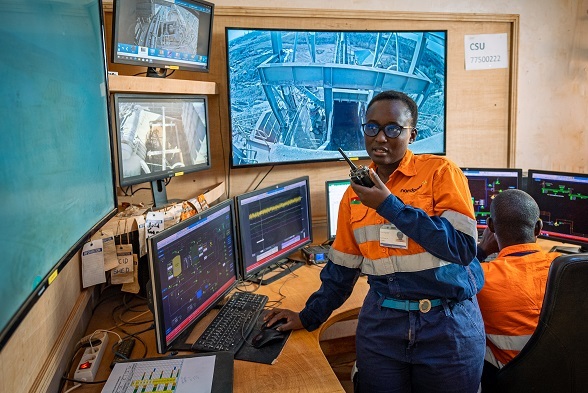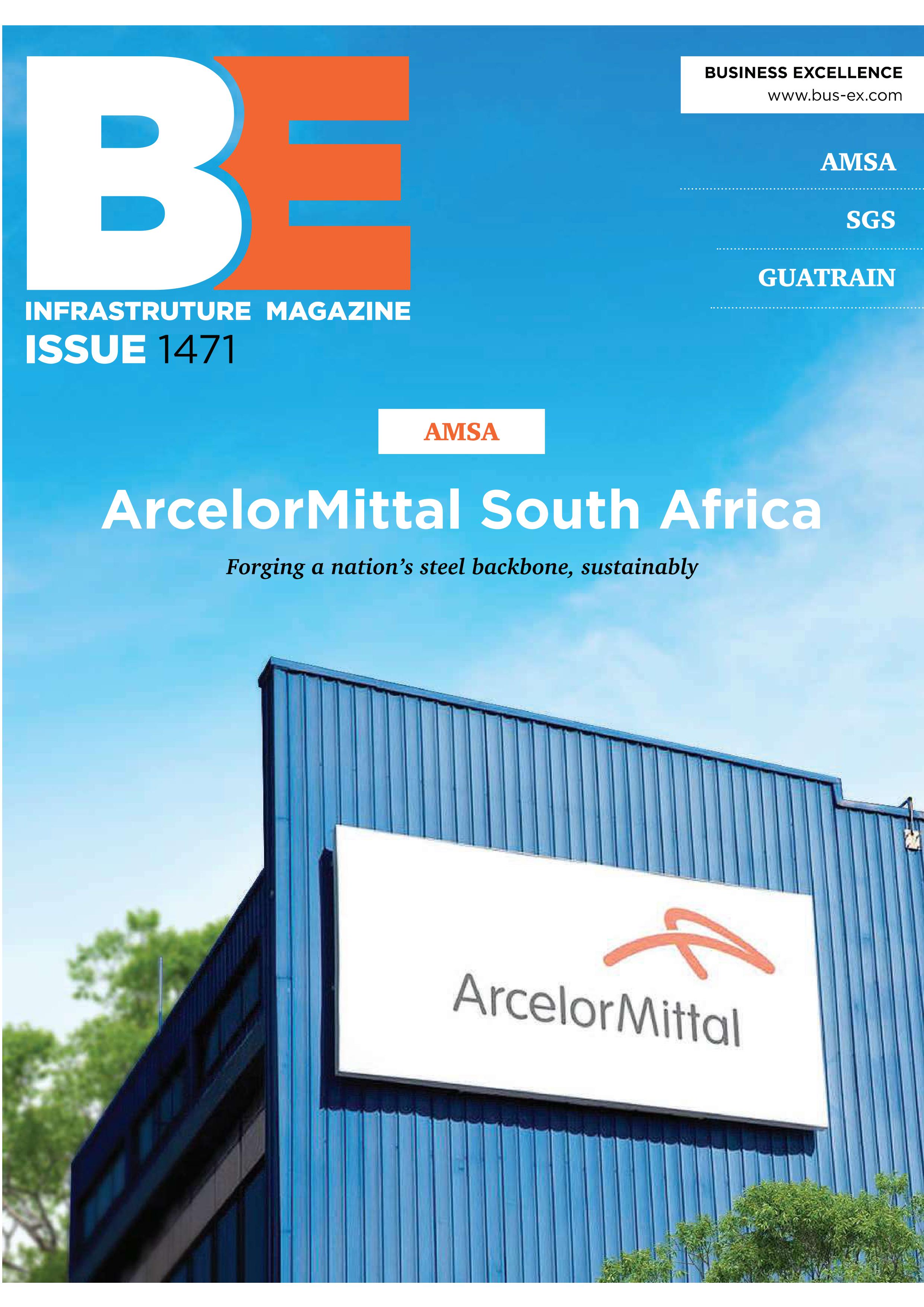Mahmood Ismail, managing director of Shoreline Beverages, tells Jane Bordenave about the importance of innovation in his business and how to compete against the big boys.
Founded in 2003 by a number of former Coca-Cola employees, Shoreline Beverages produces some of the most popular soft drinks sold in the province of KwaZulu-Natal, South Africa. Its Coo-ee brand has an approximate 20 per cent share of the soft drinks market as a whole and a 35 per cent share of the flavour drinks market. Mahmood Ismail took over as managing director in 2004, when the founding partners stepped down, and the company remains a family-owned, private business to this day.
While the first 12 months was spent building up the company, it was when Ismail became head that the business really started to take off. “When I took up the position, I made the decision to move away from the brand that the founding members had been marketing at the time in favour of a longer-established one,” he says. “I had acquired the Coo-ee brand, which has a long history in KwaZulu-Natal going back to the 1940s. I felt that, although it had been dormant for a couple of years, its history and familiarity among the local population would make it more successful.”
The brand was relaunched in 2004 with a fresh new look and has since succeeded in consistently increasing profits year-on-year. It now counts among its clients all the major supermarkets including Shoprite Group, Spar Group and Massmart, as well as a large number of independent stores and forecourts.
One of Shoreline Beverages’ key strategies is to only market and sell its products in bottles made from PET (polyethylene terephthalate, which is commonly recycled).“We have been very aggressive on this issue,” says Ismail. “Right from when we first started, PET had been the preferred packaging material for all our customers, as opposed to returnable materials such as glass, which they would then have to dispose of. They also don’t have to handle crates, which glass comes in, or worry about fragility,” he explains. “By using plastic containers for all our products, we simplify things for our clients while still using a material that is recyclable by the end consumer.”
While all packaging is PET, the company seeks to provide extended choice to consumers in terms of packaging size. Shoreline’s products are available in sizes from two litres through to 300 ml, with 300 ml being an innovation by Shoreline. “At the time that we launched our 300 ml bottle, there were no other companies offering a non-cola soft drink product of that size,” explains Ismail. “We identified this as a perfect product size for children to have during their lunch breaks or recess; and the popularity of the product has proved that we were right. It was an idea that really helped to set us apart in the marketplace.”
As well as its packaging strategies, Shoreline strives constantly to differentiate itself in the market by identifying niches and producing new products to fill them. “We are a very innovative company and currently offer a range of 20 flavours of beverage. In this market, we are up against international behemoths such as Coca-Cola and Pepsi, so it is important to be able to offer something new and desirable to consumers in order to compete effectively.”
One of the company’s innovative successes is the introduction of apple-flavoured drinks into its line. The number of apple-flavoured beverages in the soft drinks market was very limited, and so the apple-flavoured Coo-ee products were hugely popular, as they were by and large the only drinks of that flavour that people could buy across the province. “We identified this niche in the market and it really took off. Our main competitor, Coca-Cola, had no apple-flavoured product in its stable, so we were virtually without competition. Coca-Cola has now started selling its own apple-flavoured product, but Coo-ee is still the market leader.”
The recent economic downturn has by no means proved disastrous for Shoreline; but it has had the effect of shifting sales levels between product sizes. “The most important effect of the recession has been to make people downsize, by which I mean that people who had been buying a two litre bottle are now choosing to buy a 1.5 litre bottle—and those who had been buying the 1.5 litre size are now buying one litre, and so on. That is the main change we have seen,” says Ismail.
However, as a ‘premium economy’ brand, the company has also seen an up-tick in consumers converting from big name brands to Coo-ee. “Premium economy means that while our products are on a par with the big international companies in terms of quality, our prices are more affordable. So there is a swing from premium products with higher prices towards a trusted product and name like ours, which we feel offers better value.”
Naturally, when Ismail considers the future of Shoreline Beverages, innovation is at the heart of his plans. “We are always looking to improve on our current products and develop new ones—and our highly skilled, in-house research and development team works on this constantly. By the end of 2011 we will have launched a new ‘fusion range’ of mixed-flavour drinks, with flavours such as blackcurrant and cranberry or mango and granadilla. Once again, this is a pioneering step—no-one else produces mixed-flavour beverages in this way.”
The company also added a completely new production line in October and has recently acquired another well established local brand—Crerars—along with its production plant. In total, Shoreline Beverages is now capable of producing in excess of 100 million litres of soft drinks per annum.
Over the next five to 10 years, Shoreline Beverages hopes to expand into canned beverages, as well as breaking out of KwaZulu Natal and into the rest of South and indeed southern Africa. Ismail foresees this success being achieved through a continuing combination of R&D, tenacity and self belief: “As a company, we are not afraid to take on the massive multinational brands; we have always been able to identify a niche and successfully fill it, as our track record shows.
“To anyone reading this article and thinking of setting up as a small business I give them this advice: if you have the courage to do it and have everything in order then you need not be worried about the conglomerates. Being a small company allows you the flexibility to be able to react to the market in a way that they can’t—which has ultimately been the key to our current and futuresuccess.” www.shorelinebev.co.za



 ShorelineBEVERAGES_JUL11_emea_BROCH_s.pdf
ShorelineBEVERAGES_JUL11_emea_BROCH_s.pdf









